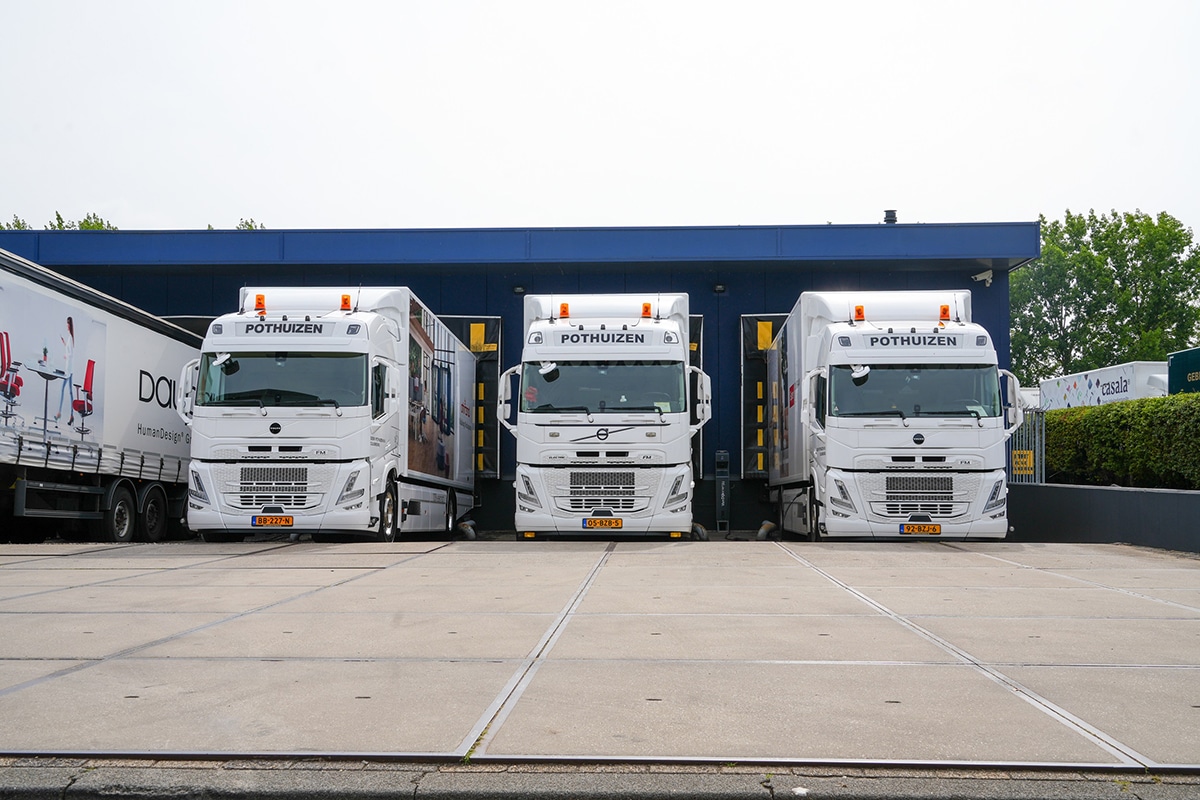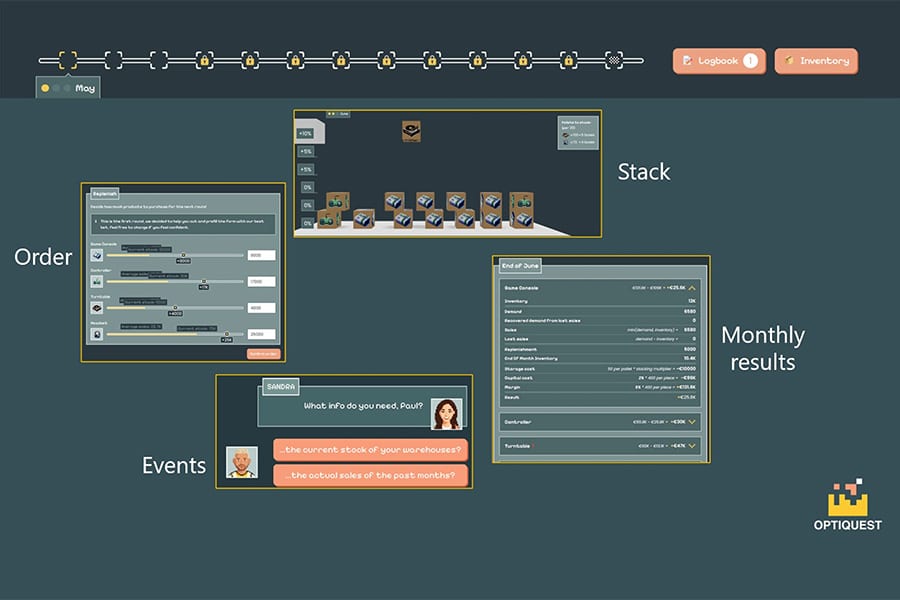
A look ahead with Andrea Vollebregt - Hydraulic engineering, now and tomorrow
"I think we will see some acceleration in the coming years when it comes to sustainability. I think that depends mainly on how sustainability goals are going to be asked for in tenders."
Andrea notes that compared to a few years ago, everyone now recognizes the climate problem and is eager to make a positive contribution. "In the Netherlands, we live in a delta and the hydraulic engineering industry in particular has the knowledge and expertise to contribute to the development and implementation of climate adaptive measures and thus keeping the delta future-proof."
Centuries of experience working at the land/water divide
"We have built our expertise because we have been working on the dividing line between land and water for centuries; that is where the core of our work lies. We maintain that added value by continuing to innovate. We see that we keep getting new tools at our disposal that lead to new insights and innovations, such as data that can be used to work smartly," Andrea said.
Collaboration is a very strong competency
Within the GWW no one can do anything alone, we need each other. Andrea: "Working together is in our DNA. Working together is a very strong competency, as is good communication. Getting the right people in the right place at the right time is also important. In doing so, you have to want to understand each other, know each other's interests and grant the other something."
Contractors should be involved in projects as early as possible. "Clients should have a clear understanding of the purpose of the project. Many projects that have been in the media in recent years have expressed the importance of cooperation in this regard. Trusting each other is a matter of give and take, of knowing and understanding each other and knowing how to find each other when things get exciting. Even in hydraulic engineering, the forms of cooperation are changing, as you can see in new contract forms, where the way of working together and trusting each other and keeping each other sufficiently informed form the basis. Not every contract suits every project, but basically they have one thing in common: more and more often at the front, together with the client, we look at how best to approach a project, so that the execution expertise and/or innovative strength of contractors can be included in the designs at an early stage. You see this reflected, for example, in two-phase contracts, Construction Team Agreements, Alliance contracts and Innovation Partnerships."
Fair work for fair money
"We should bear risks together on projects and put them where they can best be managed. Being allowed to do honest work for honest money, that's where we need to go even further," Andrea suggests.
When it comes to investments, Andrea says it is notable that local governments are investing differently because of corona: "They have large other tasks -and thus expenditures- and therefore infra works sometimes shift. That has consequences. What people have to realize is that investing in infrastructure is a prerequisite for economic growth. Not only because it benefits our sector, but also because it creates a positive snowball effect. Delaying is more expensive, I am convinced of that."
Do not bet on 100% durability at once
In the coming years, greening and sustainability are going to take off even more. "More is already possible in the area of sustainability than is being asked for by clients. But I doubt whether the intention to be completely emission-free in 10 years is realistic. In my opinion, it is wiser to take smaller and realistic steps, otherwise we will face capital destruction. Targets should be ambitious enough to bring about change, but realistic enough to make them achievable. That way, most of the market will follow and you maintain the level playing field. This should include sufficient attention to the international playing field in which part of our industry operates. "
Andrea notes that companies do need time to earn the money needed to make investments that contribute to greening. "Hydraulic engineering is a capital-intensive industry, where ships last about 25 years. Making the fleet sustainable requires large investments. Several options are being explored within the sector, from electrification to hydrogen fuel cells. This is due to the atypical fleet in hydraulic engineering, which is not comparable to the merchant fleet, for example. Electrification, for example, is not feasible everywhere," Andrea concludes.




